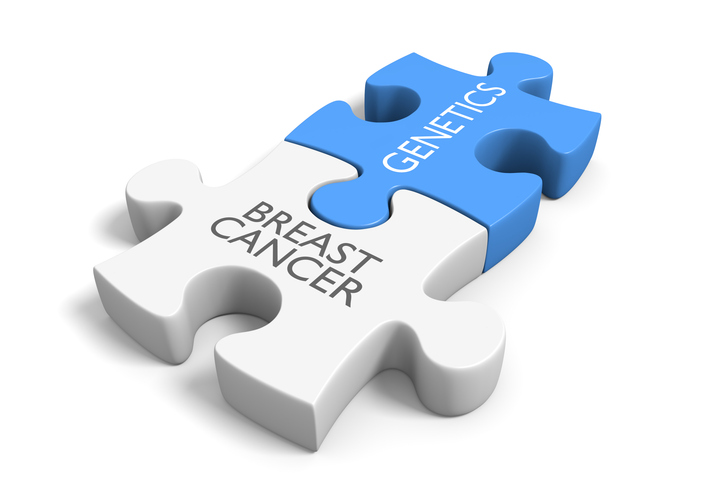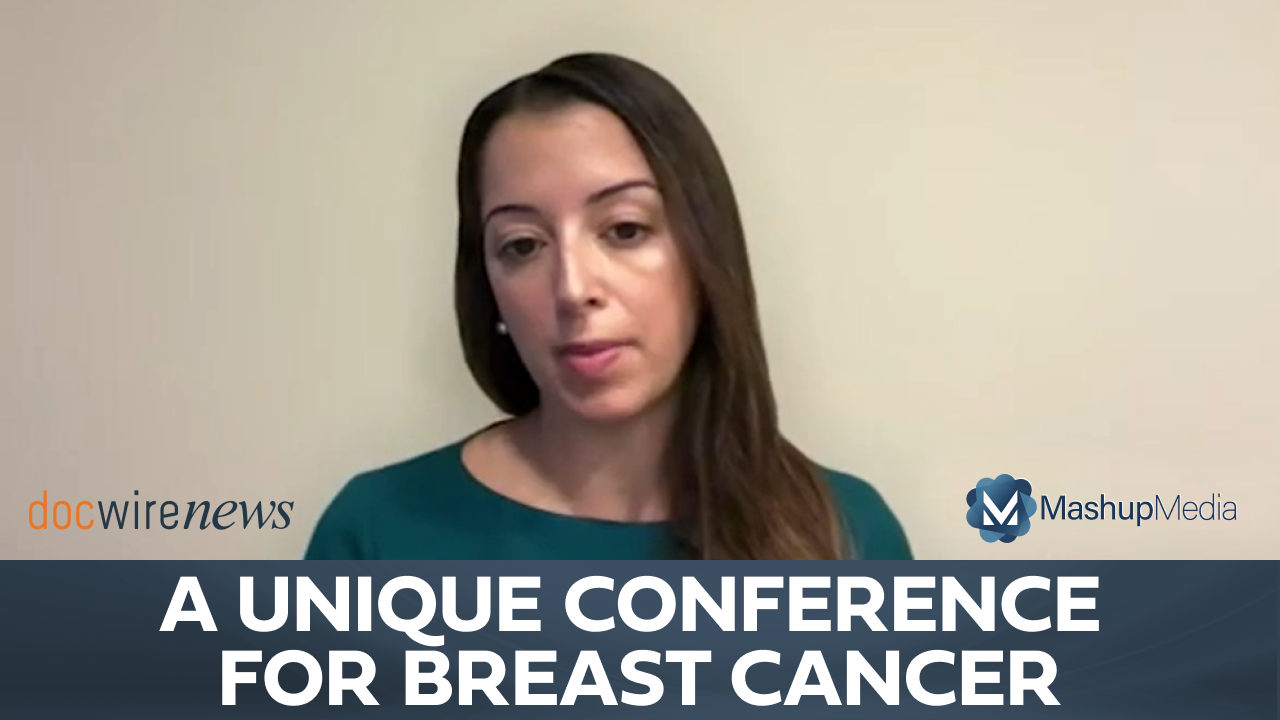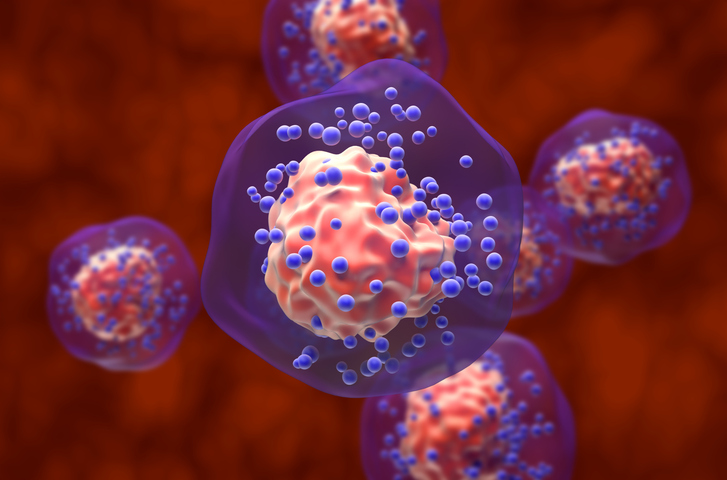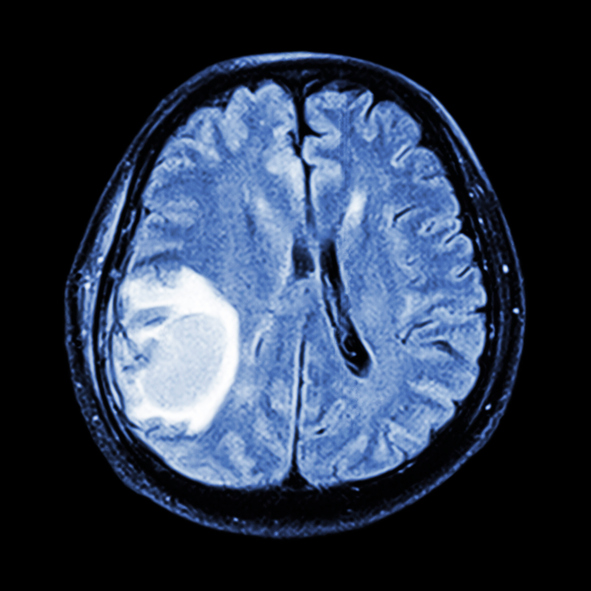
People with hereditary cancer pathogenic variants for breast cancer may elect to undergo bilateral mastectomy to reduce their risk of future breast cancer, according to a study presented at the 2024 San Antonio Breast Cancer Symposium.
“About 10% of all breast cancers (BC) result from an inherited pathogenic variant (PV). Energetics and Lifestyle in Inherited Syndromes (ELLIES) Project is a survey-based study examining diet, exercise and metabolic risk factors in individuals with (HCPVs).”
In this online self-administered survey study administered via social media, researchers analyzed both the metabolic risk factors and lifestyle habits of 750 participants. They assessed how metabolic and energetic risk factors such as BMI, diet, and physical activity (PA) levels influence breast surgical decisions in both preventative and therapeutic settings. PA levels were assessed using a modified International Physical Activity Questionnaire (IPAQ), and dietary intake was evaluated with the 14-item Mediterranean Diet Adherence Screener (MEDAS), the researchers noted.
According to the findings, rates of RRM in previvors by PV were 42.7% BRCA1, 38.3% BRCA2, 38.9 PALB2, 28.6% ATM, 14.3% CHEK2. The researchers observed that a family history of BC was higher in previvors with RRM (87%) compared to those without (80%). Moreover, a family history of BC was observed in 64.8% of survivors with RRM compared to 61.7% without. Mean BMI was 26.4 for survivors with RRM (SD=6.0) and 25.6 (SD=5.4) for those without. Nearly half of survivors without RRM (49%) engaged in moderate intensity PA compared to survivors with RRM (38.5%), the researchers noted. Of survivors, they further noted that 55.6% reported trying to lose weight and 32% reported ≥5 meaningful weight loss attempts in their lifetime.
“A better understanding of how metabolic risk factors, diet and PA impacts BC risk in PV carriers is needed. Based on this initial descriptive analysis, examination with longitudinal follow up of the cohort will further explore how these
metabolic and energetic factors impact breast surgical decisions,” the researchers concluded.
Reference
Nye L, Knight C, Klemp J, Kilgore L. Characterization of metabolic and energetic risk factors and preventative breast surgical decisions in a cross-sectional survey cohort of hereditary cancer pathogenic variant carriers. Abstract #SESS-2071. Presented at the 2024 San Antonio Breast Cancer Symposium; December 10-13, San Antonio, Texas.







 © 2025 Mashup Media, LLC, a Formedics Property. All Rights Reserved.
© 2025 Mashup Media, LLC, a Formedics Property. All Rights Reserved.